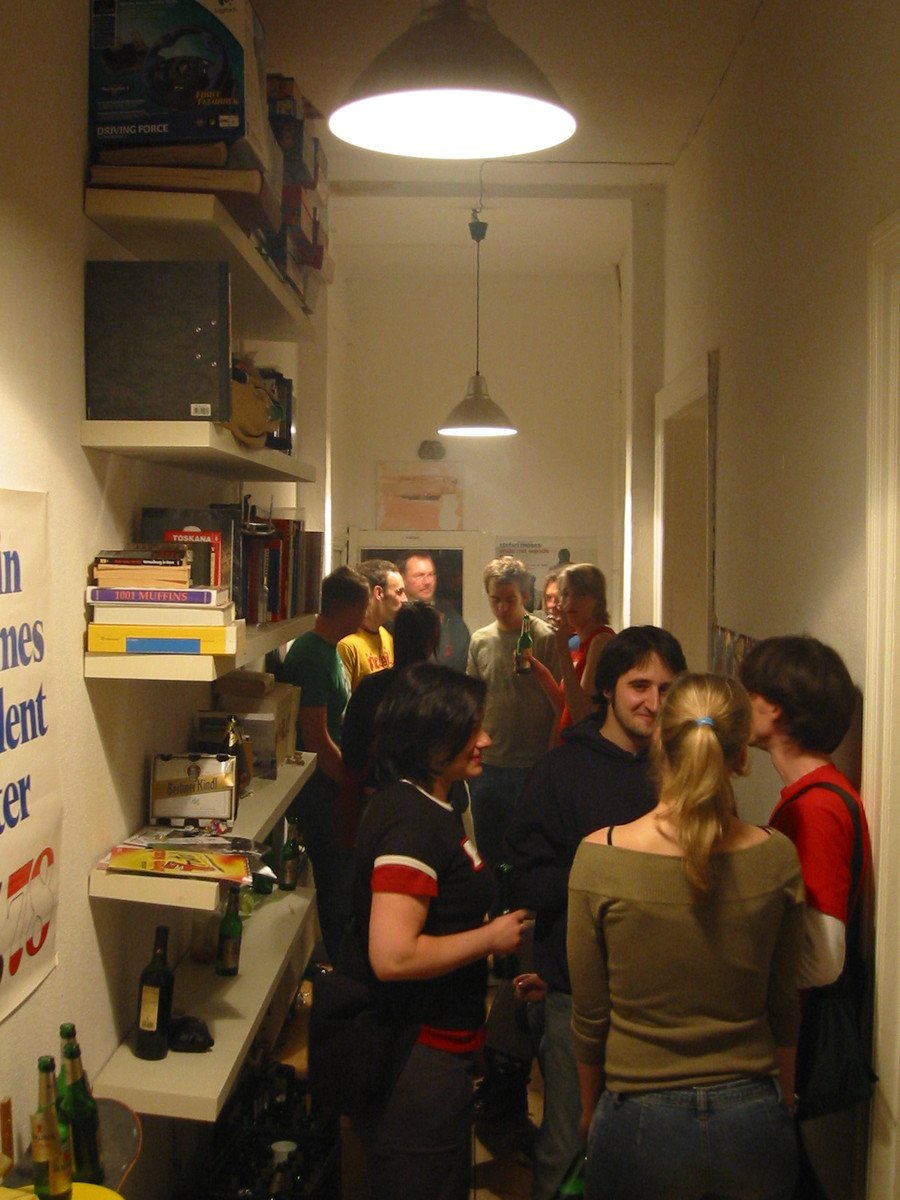Purpose of Life: A Poem

 ension age afoot
ension age afoot
Collecting things is moot
Striking at the root
Or the roots or people’s boots
Life is about freedom
Not labour for the kingdom
Family and community alike
Together at the root they strike
Collective thinking as merit
But only if the majority can have it
Indoctrination as predominant risk
From those who spy and frisk
Everybody ages
But some live in invisible cages
Life comes in stages
Indebtitude enrages
Best things money could never buy
Neither for the girl nor the guy
At the end we all sigh
It’s what we do before saying goodbye
Birthdays are a landmark
Superficiality for peasants, upon which to embark
Accomplishments not as a function of time
But time as an accomplishment
Anniversaries symbolic
Food, presents and wine for the alcoholic
Compensating for life that’s hyperbolic
Accumulating wealth by doing the diabolic
Emancipation for the mind
Is never hard to find
Reciprocating whatever you find
Your neighbour will return in kind
A life of accumulation
Neither for oneself nor a nation
It’s about the mind, not the fashion
Before arriving at the final destination/station






 Filed under:
Filed under: 

 HREE figures which I tend to quote quite often are John Dvorak, Joel Spolsky, and Jeffrey Veen. There is a lot of discussion these days about the impact of the Internet on mainstream media and all of them address the issue regularly. Veen’s
HREE figures which I tend to quote quite often are John Dvorak, Joel Spolsky, and Jeffrey Veen. There is a lot of discussion these days about the impact of the Internet on mainstream media and all of them address the issue regularly. Veen’s 
 EVERAL days ago, in the context of ‘housekeeping’ computer chores, I stressed the need to
EVERAL days ago, in the context of ‘housekeeping’ computer chores, I stressed the need to